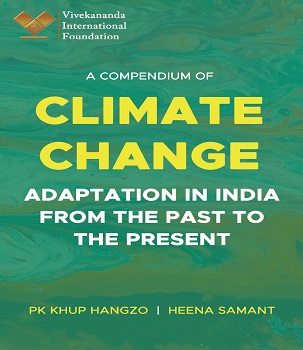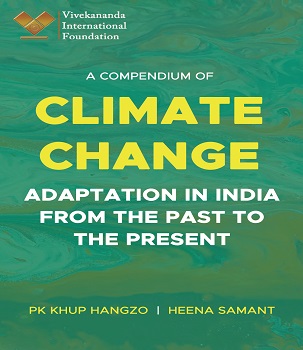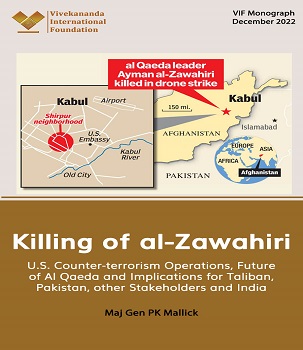The impact of climate change have manifested in various ways including through extreme weather events. Extreme weather events are “weather phenomena that are at the extremes of the historical distribution and are rare for a particular place and/or time, especially severe or unseasonal weather. Such extremes include severe thunderstorms; severe snowstorms, ice storms, blizzards, flooding, hurricanes, and high winds, and heat waves.” Extreme weather events are deemed to be the “showcase of climate variability” and “the day-to-day “face” of climate change.” Scientists have argued that an increase in global average temperature beyond 1.5°C will significantly worsen and “supercharge” extreme weather. Global average temperature has already reached 1.1°C above the pre-industrial levels and was projected to reach 2.5°C by the end of the century based on current pledges for action by 2030. And even if the long-term pledges by countries to hit net zero emissions by 2050 were delivered, global average temperature could still rise by 1.8°C. That does not portent well for India.








Post new comment